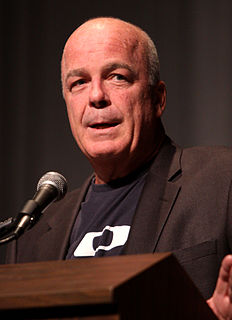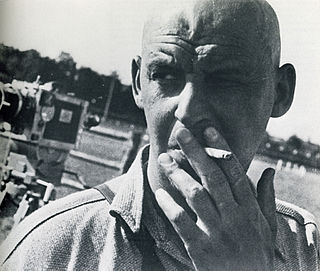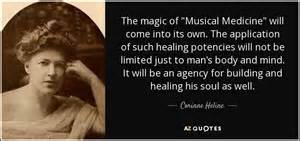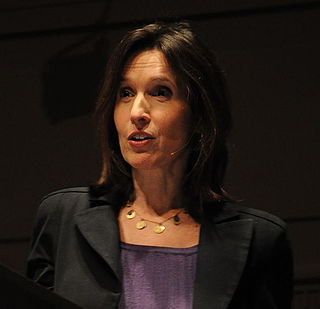A Quote by Robert Green Ingersoll
In all ages, hypocrites, called priests, have put crowns upon the heads of thieves, called kings.
Related Quotes
You shall not steal! You shall not kill! Such words were once called holy; before them people bowrd their knees and heads, and removed their shoes. But I ask you: where have there ever been better thieves and killers in the world than such holy words have been? Is there not in all of life itself - robbing and killing? And when such words were called holy, was not truth itself thereby - killed?
Commerce has set the mark of selfishness, the signet of its all-enslaving power, upon a shining ore, and called it gold: before whose image bow the vulgar great, the vainly rich, the miserable proud, the mob of peasants, nobles, priests, and kings, and with blind feelings reverence the power that grinds them to the dust of misery.
During the reign of Rameses III (the Twentieth Dynasty) Egypt saw a flowering of its civilization and the harp became the royal instrument of priests and kings. Often times they had as many as 21 strings. Under the manipulation "the Minstrels of the Gods" the music was of rare potency. "Musical Medicine" was an actuality. Healing, along with numerous so-called "supernatural feats" was attributed to this art.
The gods made the earth for all men t' share. Only when the kings come with their crowns and steel swords, they claimed it was all theirs. "My trees," they said, "you can't eat them apples. My stream, you can't fish here. My wood, you're not t' hunt. My earth, my water, my castle, my daughter, keep your hands away or I'll chop 'em off, but maybe if you kneel t' me I'll let you have a sniff." You call us thieves, but at least a thief has t' be brave and clever and quick. A kneeler only has t' kneel.
The concept (of happiness) is universal. In Buddhism, it is called causeless joy, in Christianity, the kingdom of heaven within, and in Judaism it is called ashrei, an inner sense of holiness and health. Is Islam it is called falah, happiness and well-being, and in Hinduism it is called ananda, or pure bliss.




































